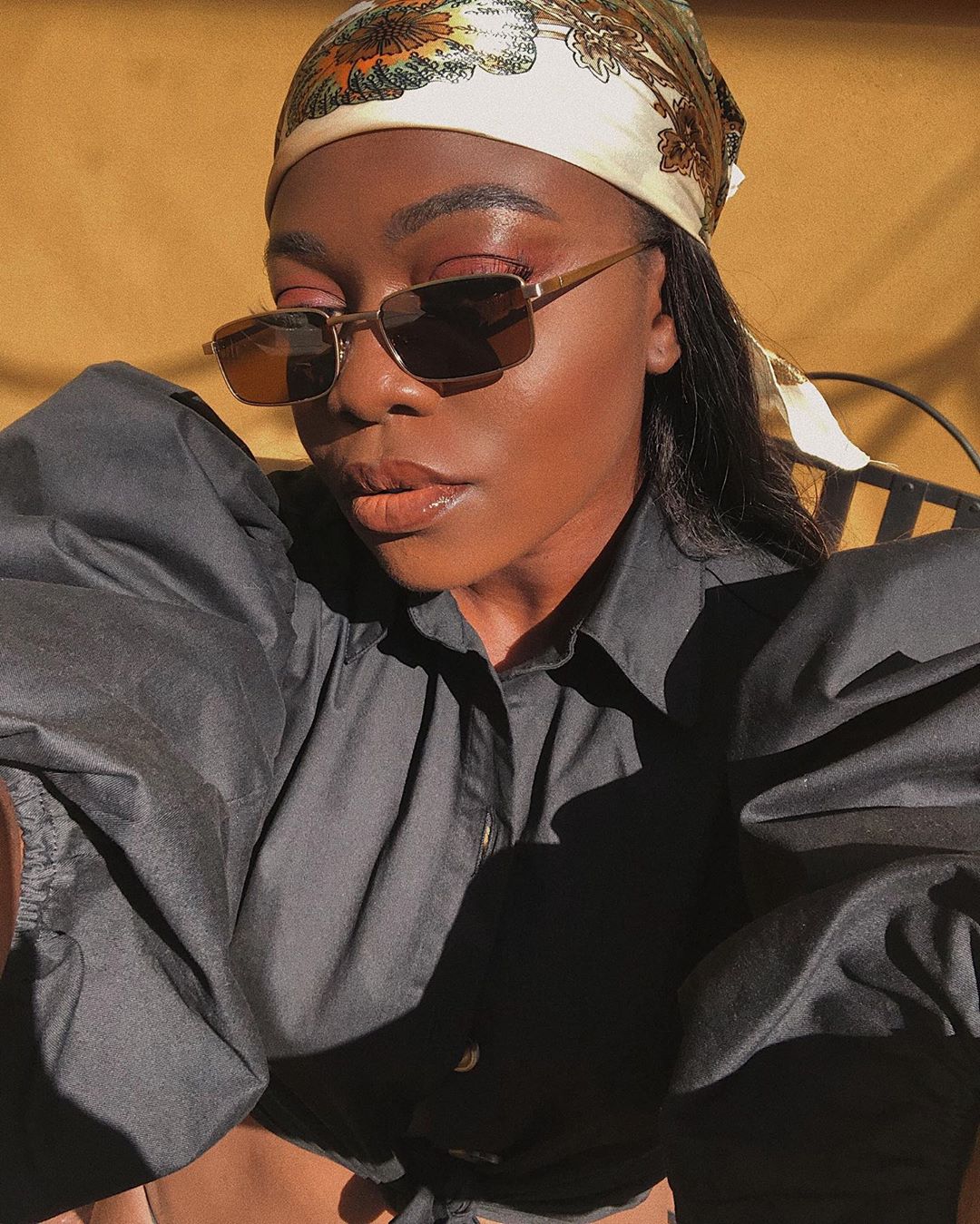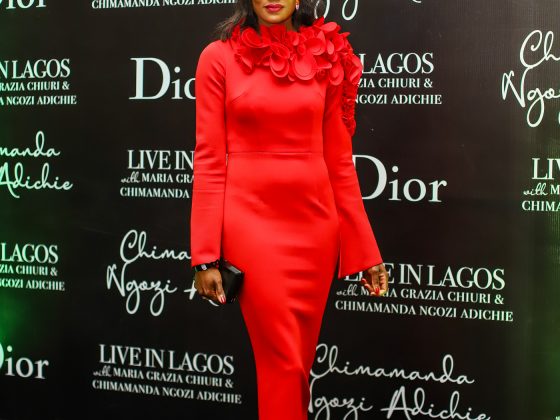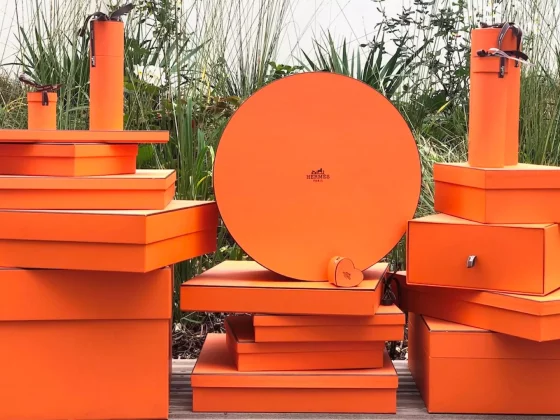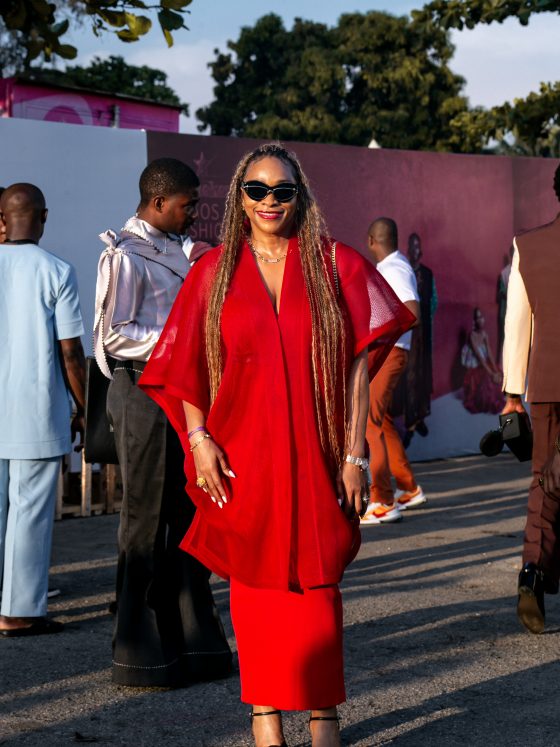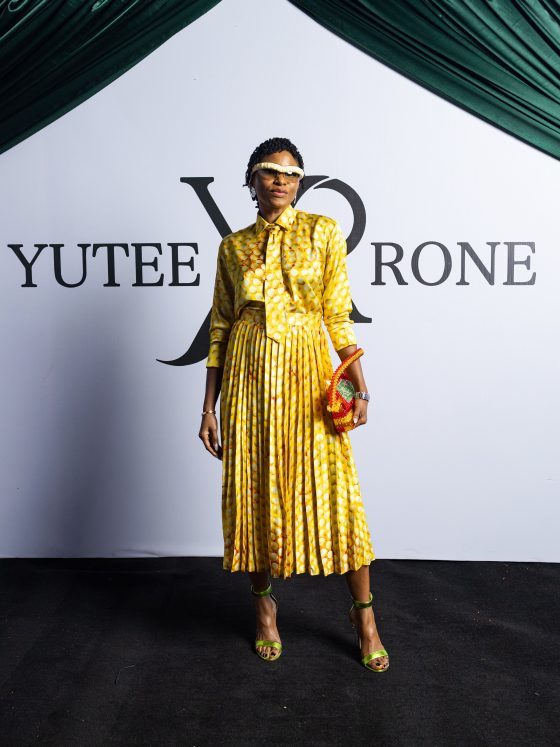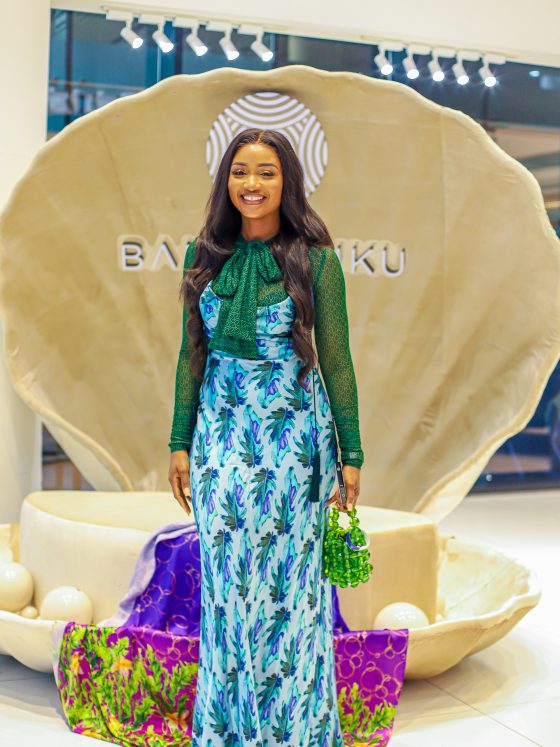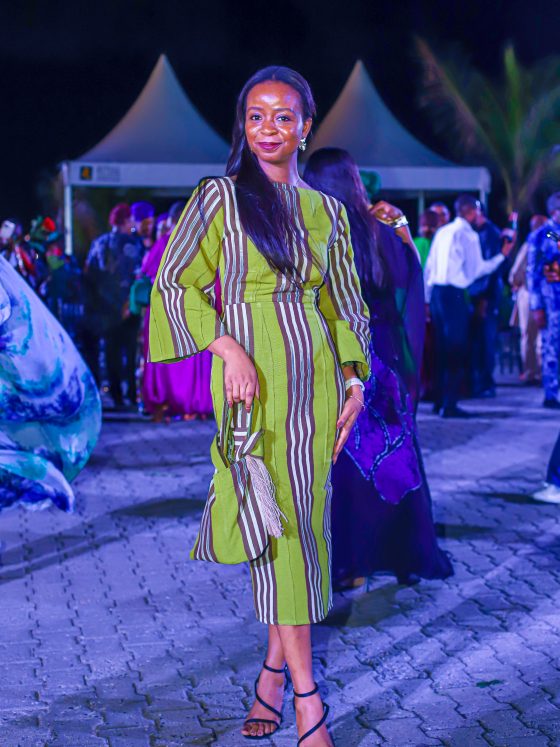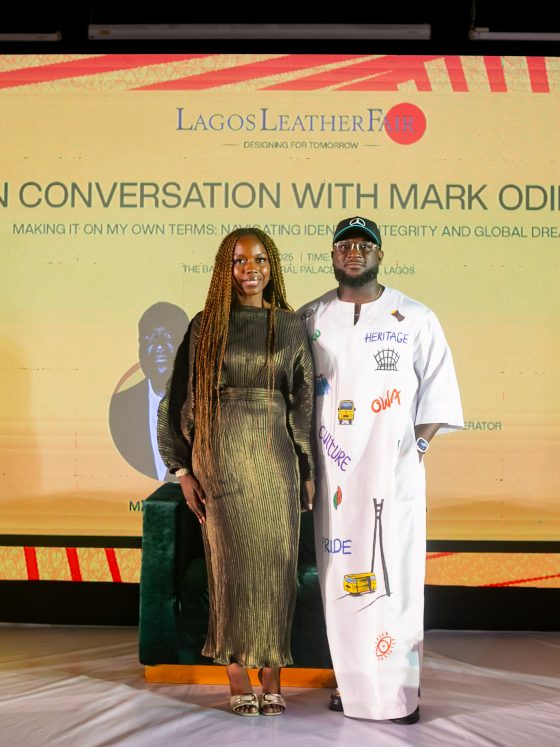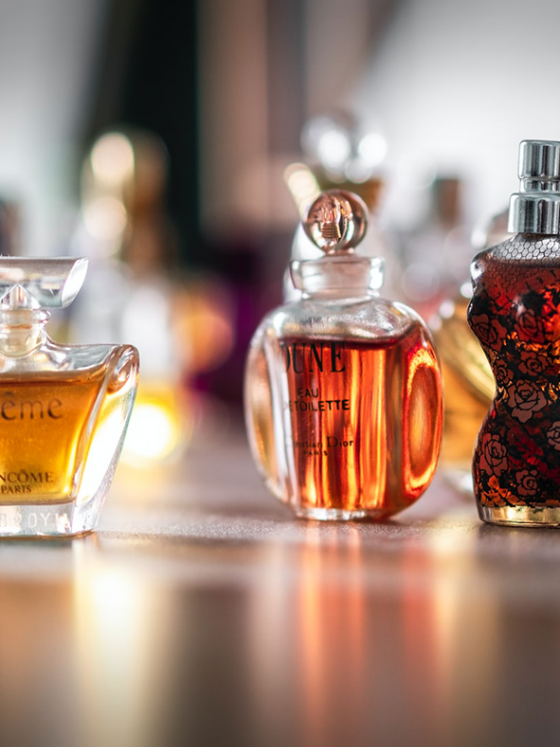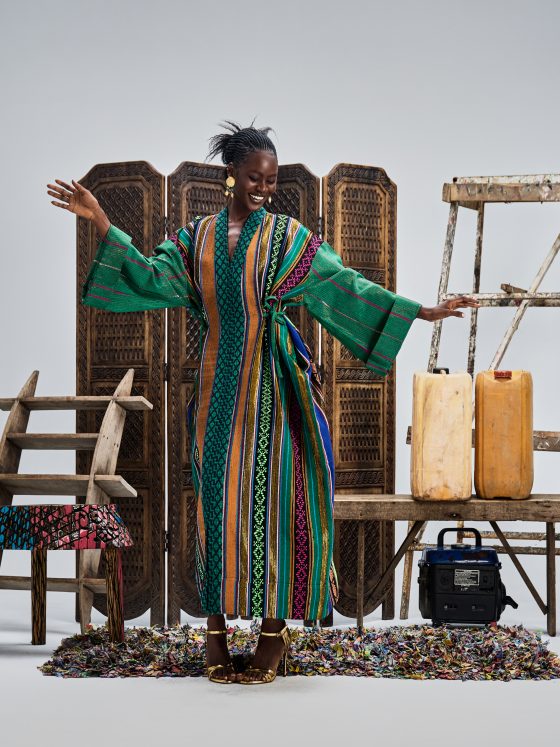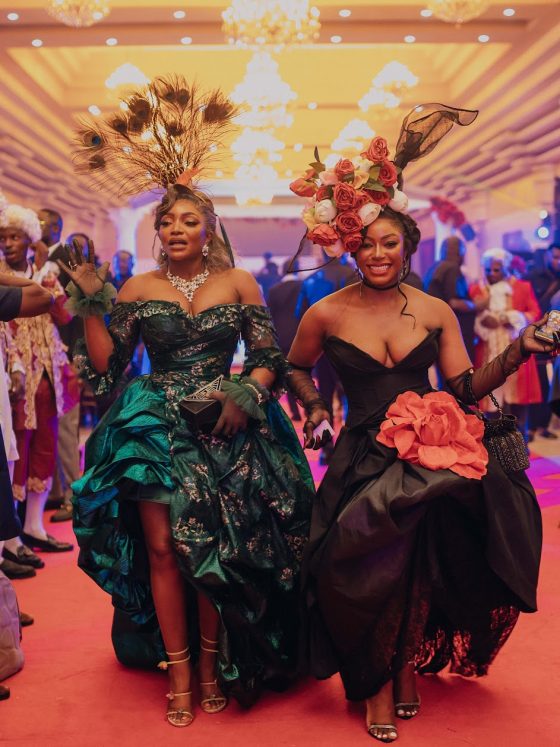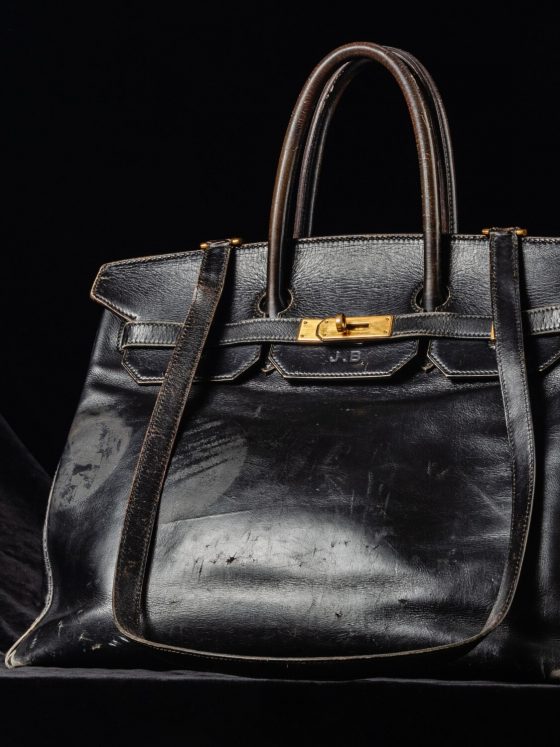Fashion, by its very nature, is subjective. What one person sees as the height of chic, another might deem utterly ridiculous. Sunglasses, originally designed to protect our eyes from the glaring sun, have transcended their practical origins to become a versatile fashion accessory. But when the sun isn’t shining, do they still have a place on our faces?
Those in favour of wearing sunglasses indoors argue that the accessory has evolved beyond its functional role. For many, sunglasses are an integral part of their personal style. Take, for instance, Karl Lagerfeld, the iconic designer who was rarely seen without his signature dark shades. He once said, “They’re my burka… I’d like to be a silhouette.” For Lagerfeld, sunglasses were not just an accessory but a shield, a barrier between himself and the world, allowing him to maintain a sense of privacy and mystique.
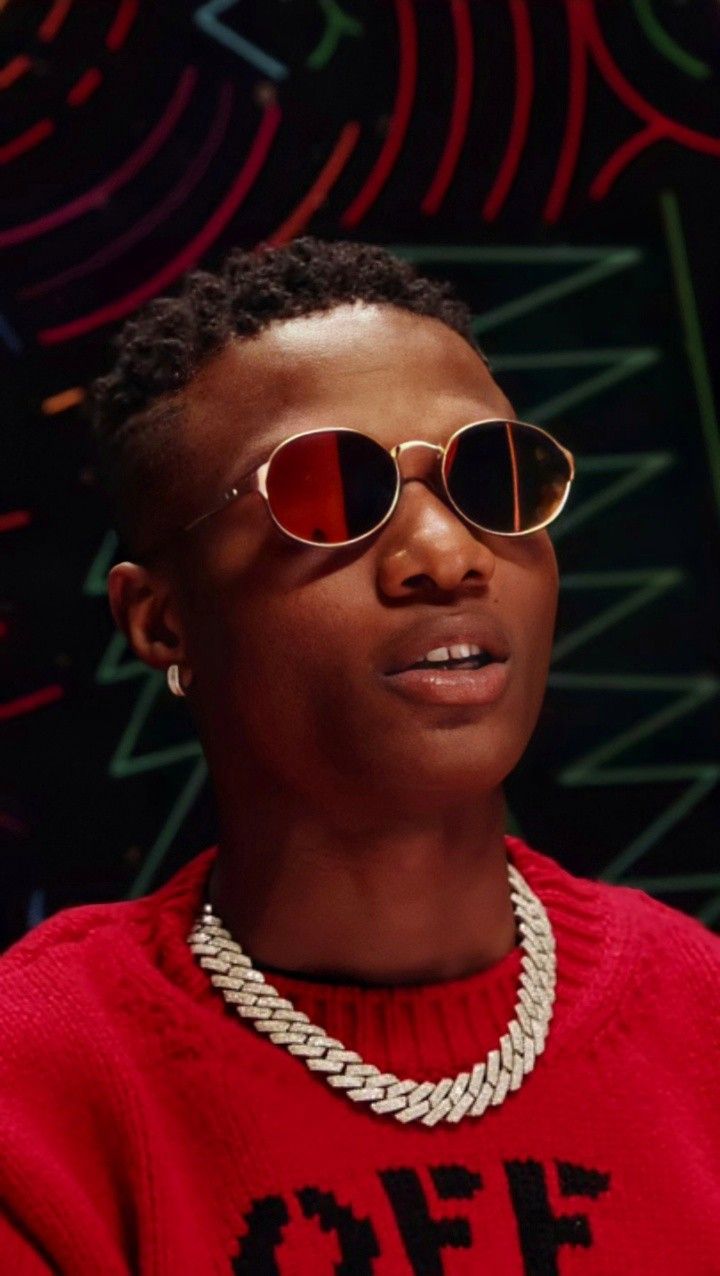
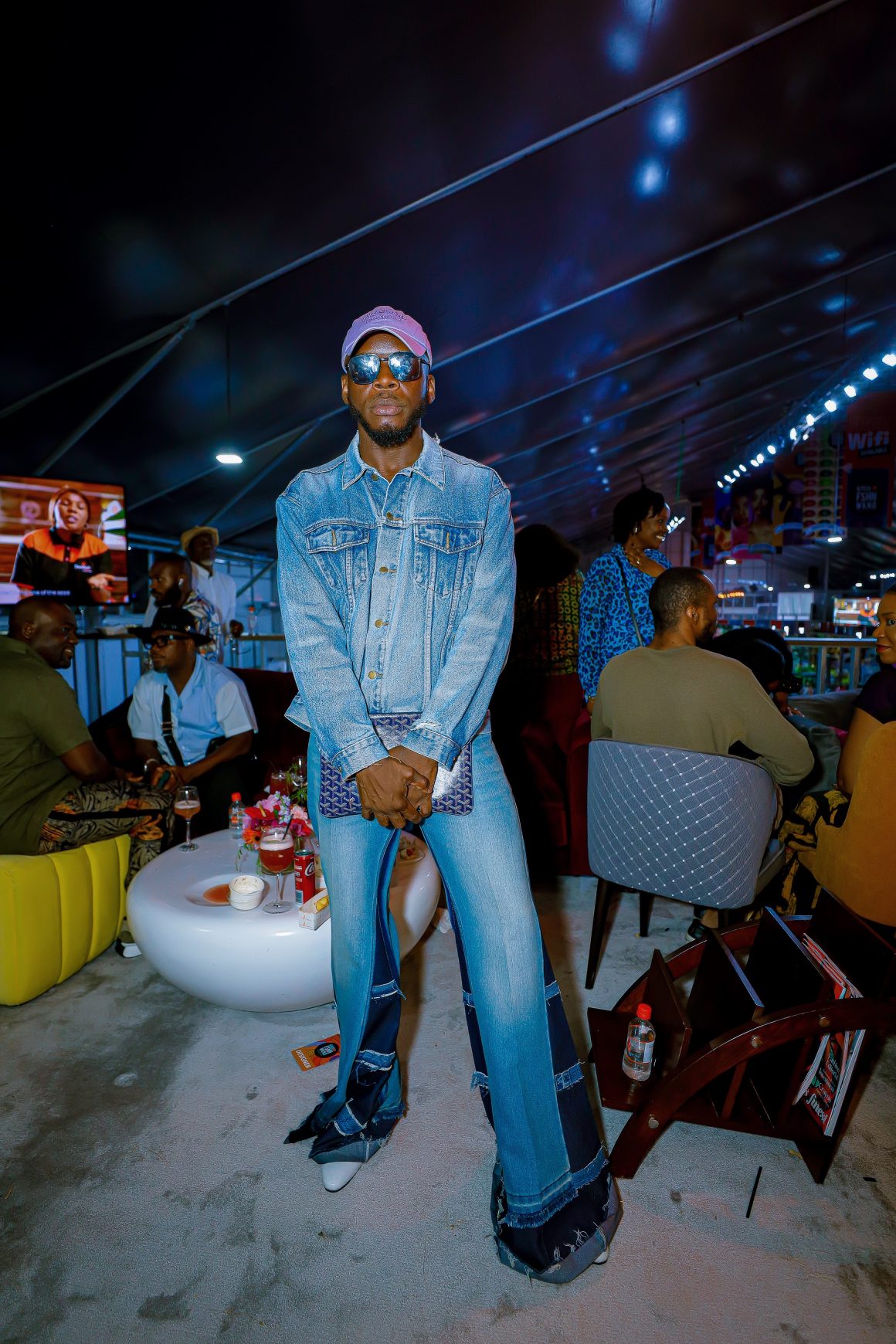
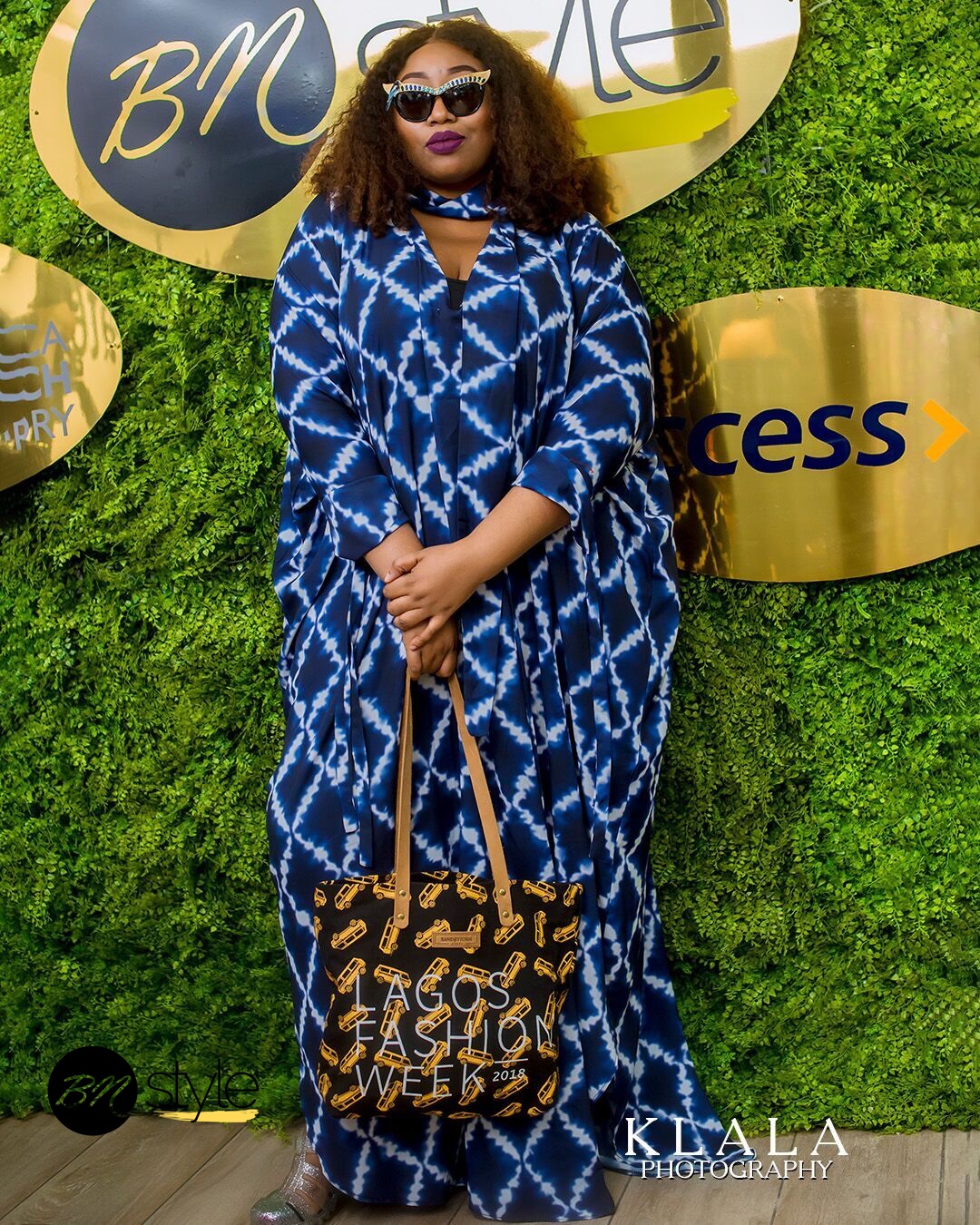
In the entertainment industry, sunglasses indoors have become a symbol of celebrity and status. Stars like Wizkid and Burna Boy often wear sunglasses during public appearances. Their choice is not just about aesthetics but also about controlling their public image and managing their interaction with the press and fans. As Beyoncé once put it, “Sometimes you just want to shield yourself from the madness.”
Fashion insiders also highlight the versatility of sunglasses as a styling tool. Sunglasses can instantly elevate an outfit, adding an element of intrigue and sophistication. “A well-chosen pair of sunglasses can transform your look,” says stylist Moses Ebite. “They can take a basic outfit and make it look effortlessly chic.”
On the flip side, critics argue that wearing sunglasses indoors is impractical and sometimes downright rude. Sunglasses, by design, obscure your eyes, making social interactions awkward. Eye contact is a fundamental aspect of communication, conveying sincerity, interest, and empathy. When your eyes are hidden, you risk coming across as detached or disinterested.
Etiquette experts would likely frown upon the practice. “Good manners dictate that sunglasses should be removed indoors unless you have a medical reason to wear them,” says an Abuja-based etiquette consultant. “Keeping them on can be seen as a sign of disrespect as if you are hiding something or not fully present.”
Furthermore, there are practical concerns. Sunglasses reduce visibility in low-light conditions, which can be hazardous. Wearing them indoors, especially in places like restaurants or theatres, can be impractical and potentially unsafe.
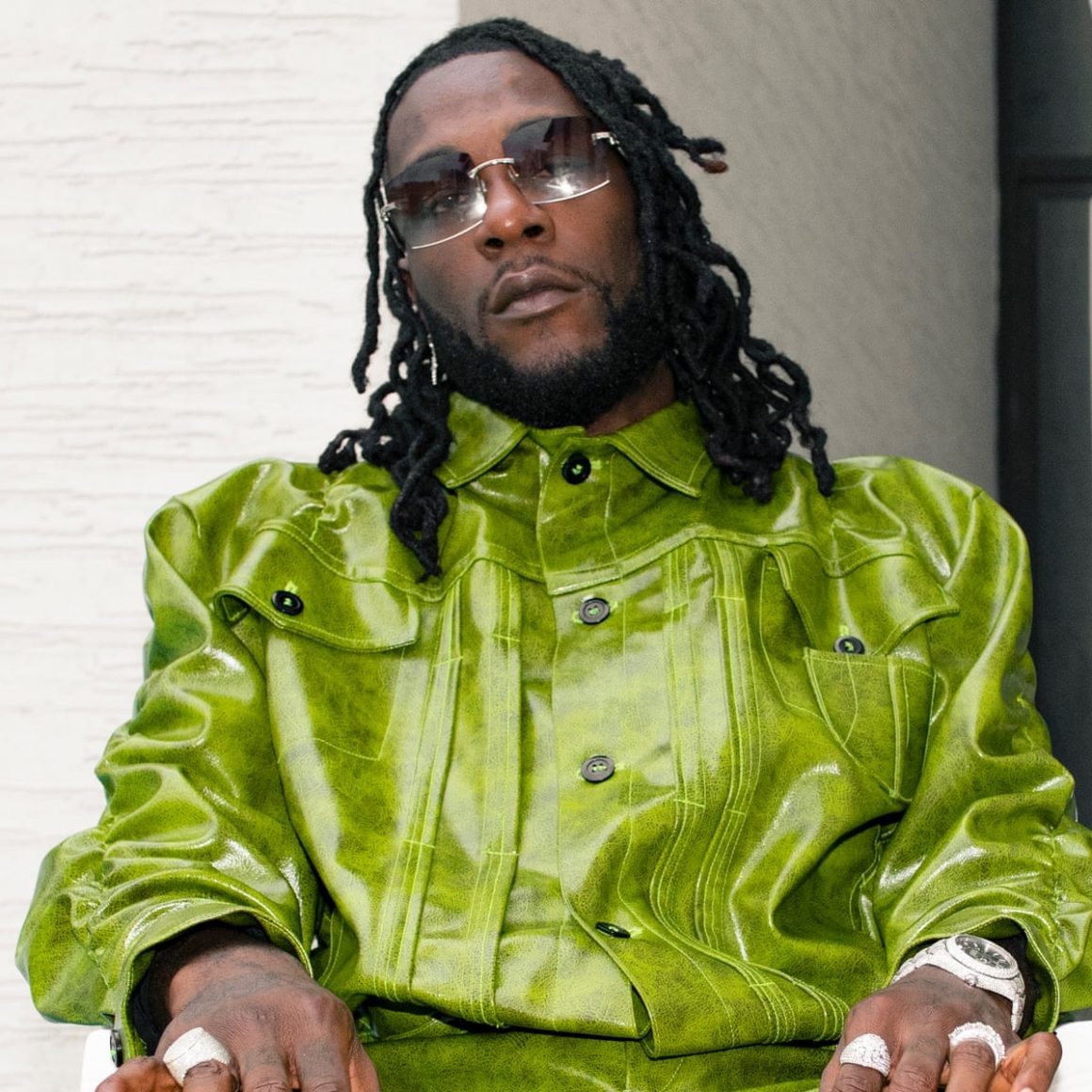
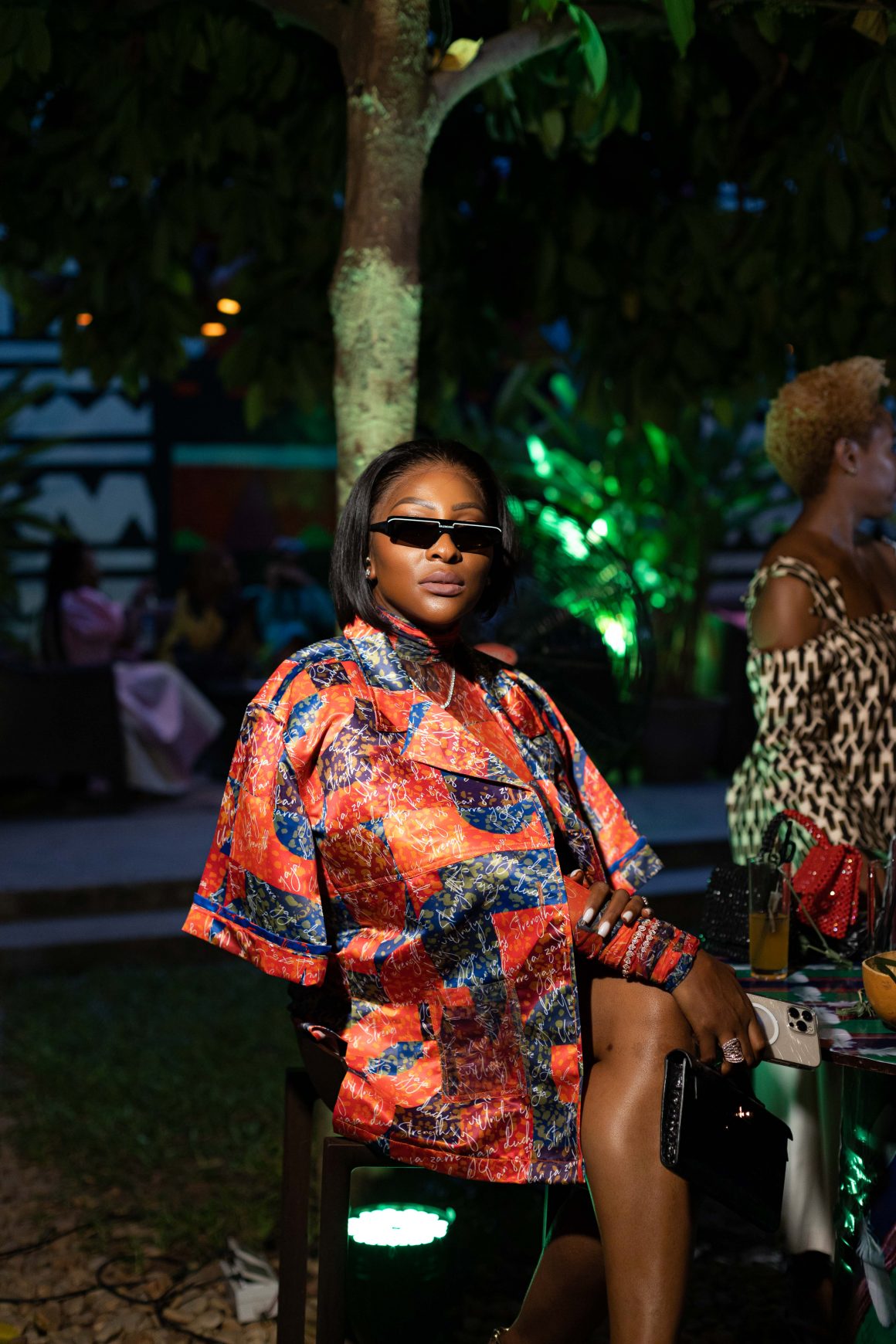
As with most style debates, the key to deciding on the indoor sunglasses conundrum lies in context and moderation. There are certain scenarios where wearing sunglasses indoors is perfectly acceptable and even expected. High-profile events, fashion shows, and red-carpet appearances are arenas where the lines between practicality and style blur.
However, in everyday settings, discretion is advised. If you’re attending a casual social gathering, meeting someone for the first time, or engaging in any activity that involves significant interaction, it’s courteous to remove your shades. This small gesture can make a big difference in how you are perceived and how effectively you communicate.
In recent years, the rise of tinted and lightly shaded lenses offers a stylish compromise. These lenses provide a hint of mystique without completely obscuring the eyes. They strike a balance between form and function, allowing wearers to maintain their look without sacrificing social connection.
Ultimately, fashion is about personal expression, and rules are meant to be broken. If wearing sunglasses indoors feels authentic to your style, then, by all means, go for it. Just be mindful of the context and the potential message you’re sending.

